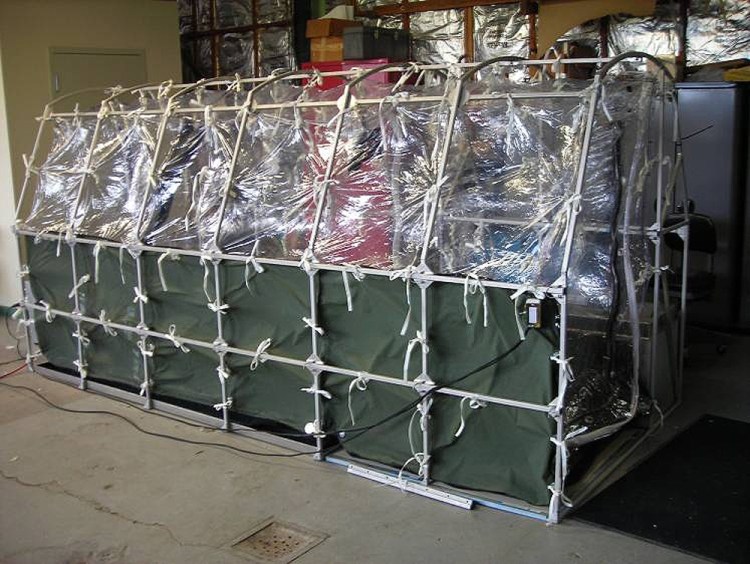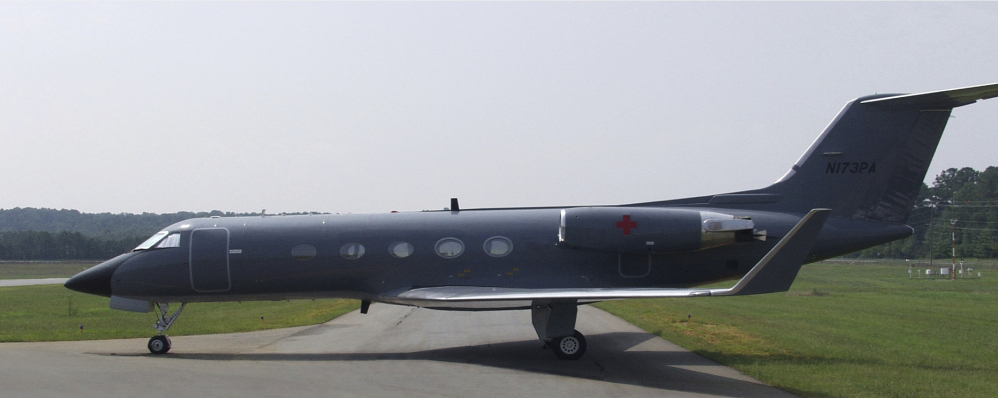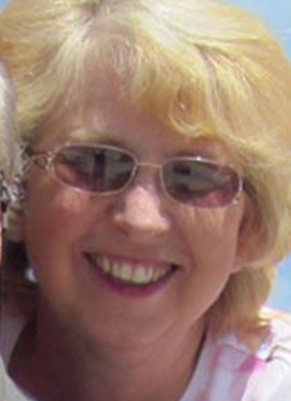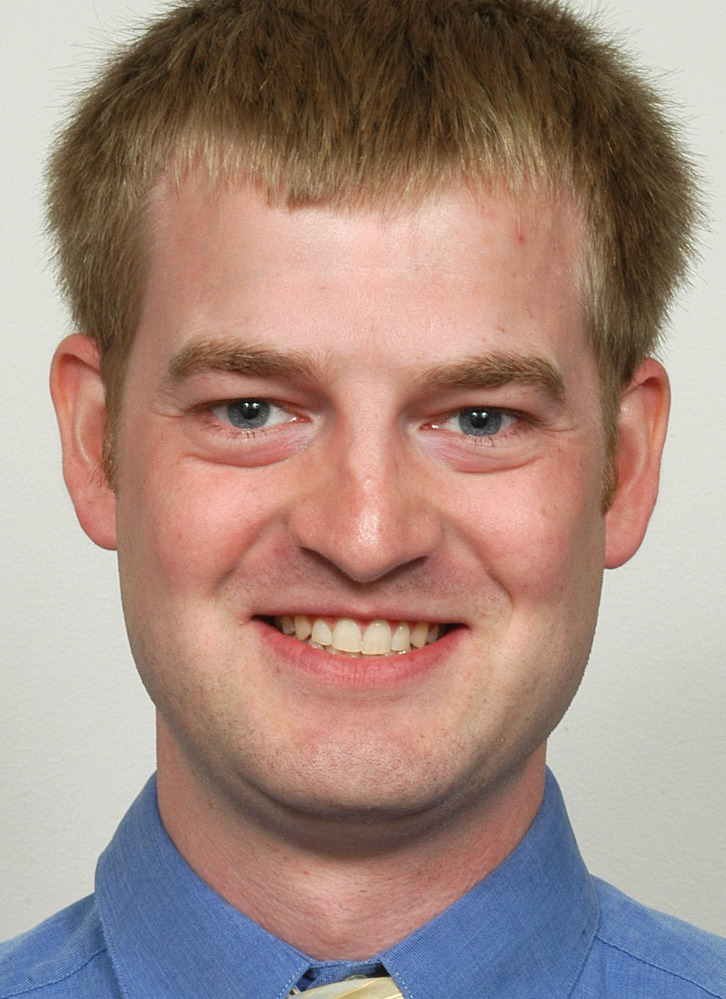ATLANTA — The first person infected with Ebola to be brought to the United States from Africa was safely escorted into a specialized isolation unit Saturday at one of the nation’s best hospitals, where doctors said they are confident the deadly virus won’t escape.
The jet carrying the patient made a refueling stop at Bangor International Airport in Maine about 7:30 a.m. Saturday before proceeding to an airport outside Atlanta.
Fear that the outbreak killing more than 700 people in Africa could spread in the U.S. has generated considerable anxiety among some Americans. But infectious disease experts said the public faces little risk as Emory University Hospital treats the critically ill missionary doctor and his assistant, who is expected to arrive from Liberia in several days.
The U.S. Centers for Disease Control and Prevention has received “nasty emails” and at least 100 calls from people saying, “How dare you bring Ebola into the country!?” CDC Director Tom Friedman told The Associated Press on Saturday.
“I hope that our understandable fear of the unfamiliar does not trump our compassion when ill Americans return to the U.S. for care,” Frieden said.
Dr. Kent Brantly and his assistant Nancy Writebol will be treated in Emory’s isolation unit for infectious diseases, created 12 years ago handle doctors who get sick at the CDC. It is one of about four in the country equipped with everything necessary to test and treat people exposed to very dangerous viruses.
In 2005, it handled patients with SARS, which unlike Ebola can spread like the flu when an infected person coughs or sneezes.
In fact, the nature of Ebola – which is spread by close contact with bodily fluids and blood – means that any modern hospital using standard, rigorous, infection-control measures should be able to handle it.
Still, Emory won’t be taking any chances. “Nothing comes out of this unit until it is non-infectious,” said Dr. Bruce Ribner, who will be treating the patients.
“The bottom line is: We have an inordinate amount of safety associated with the care of this patient. And we do not believe that any health care worker, any other patient or any visitor to our facility is in any way at risk of acquiring this infection.”
Amber Brantly was heartened to see her husband climb out of the ambulance that met his plane at Dobbins Air Reserve Base outside Atlanta.
“It was a relief to welcome Kent home today. I spoke with him, and he is glad to be back in the U.S.,” she said in a statement. “I am thankful to God for his safe transport and for giving him the strength to walk into the hospital.”
Before arriving at Dobbins, the plane made a routine 45-minute stop to refuel at Bangor International Airport. Tony Caruso, director of the Bangor airport, said no one exited the plane.
“The passengers and everyone stay on board while customs does its clearance,” said Caruso.
BIA is the first major American airport on the Eastern Seaboard, and trans-Atlantic flights often refuel there.
Bangor Mayor Ben Sprague said the airport staff, law enforcement and public health personnel were on alert in case anything went wrong Saturday morning, but it was a straightforward landing and refueling.
Inside the isolation unit at Emory University Hospital, patients are sealed off from anyone who doesn’t wear protective gear.
“Negative air pressure” means air flows in, but can’t escape until filters scrub any germs from patients. All laboratory testing is conducted within the unit, and workers are highly trained in infection control. Glass walls enable staff outside to safely observe patients, and there’s a vestibule where workers suit up before entering. Any gear is safely disposed of or decontaminated.
Family members will be kept at a distance for now, the doctors said. The unit “has a plate glass window and communication system, so they’ll be as close as 1-2 inches from each other,” Ribner said.
Dr. Jay Varkey, an infectious disease specialist who will be treating Brantly and Writebol, gave no word Saturday about their condition. Both have been described as critically ill after treating Ebola patients at a missionary hospital in Liberia, one of three West African countries hit by the largest outbreak of the virus in history.
There is no cure for the virus, which causes hemorrhagic fever and kills as many as 60-80 percent of the people it infects in Africa. There are experimental treatments, but the missionary hospital had only enough for one person, and Brantly insisted that Writebol receive it. His best hope in Africa was a transfusion of blood including antibodies from one of his patients, a 14-year-old boy who survived thanks to the doctor.
There was also only room on the plane for one patient at a time. Writebol will be next, following the same route to Emory in several days.
Staff Writer Beth Quimby contributed to this report.
Copy the Story LinkSend questions/comments to the editors.






Success. Please wait for the page to reload. If the page does not reload within 5 seconds, please refresh the page.
Enter your email and password to access comments.
Hi, to comment on stories you must . This profile is in addition to your subscription and website login.
Already have a commenting profile? .
Invalid username/password.
Please check your email to confirm and complete your registration.
Only subscribers are eligible to post comments. Please subscribe or login first for digital access. Here’s why.
Use the form below to reset your password. When you've submitted your account email, we will send an email with a reset code.